
While there are certain bugs that you don't necessarily want to invite into your backyard, insects play a vital role in the biodiversity of our gardens. From pest control to pollinating your plants, there's a lot to love about these small but mighty creatures, but which ones should we be prioritizing, and how do you invite them in?
Seasoned gardeners will tell you exactly how troublesome insects like aphids can be. These pesky pests feed on your plants and, in large enough populations, will lead to discoloration of your leaves and stunted shoots. As plant care goes, they aren't the sort of insects you want to encourage into your backyard. The best way to curb their numbers, however, is by inviting other insects into your garden instead.
Besides this effective form of pest control, inviting beneficial insects to your yard can help your plants thrive for several other different reasons. From bees pollinating your flowers to beetles enriching your soil, we've listed the five insects you should encourage into your outdoor spaces this spring for a healthy garden that attracts all the right kinds of wildlife.
1. Bees
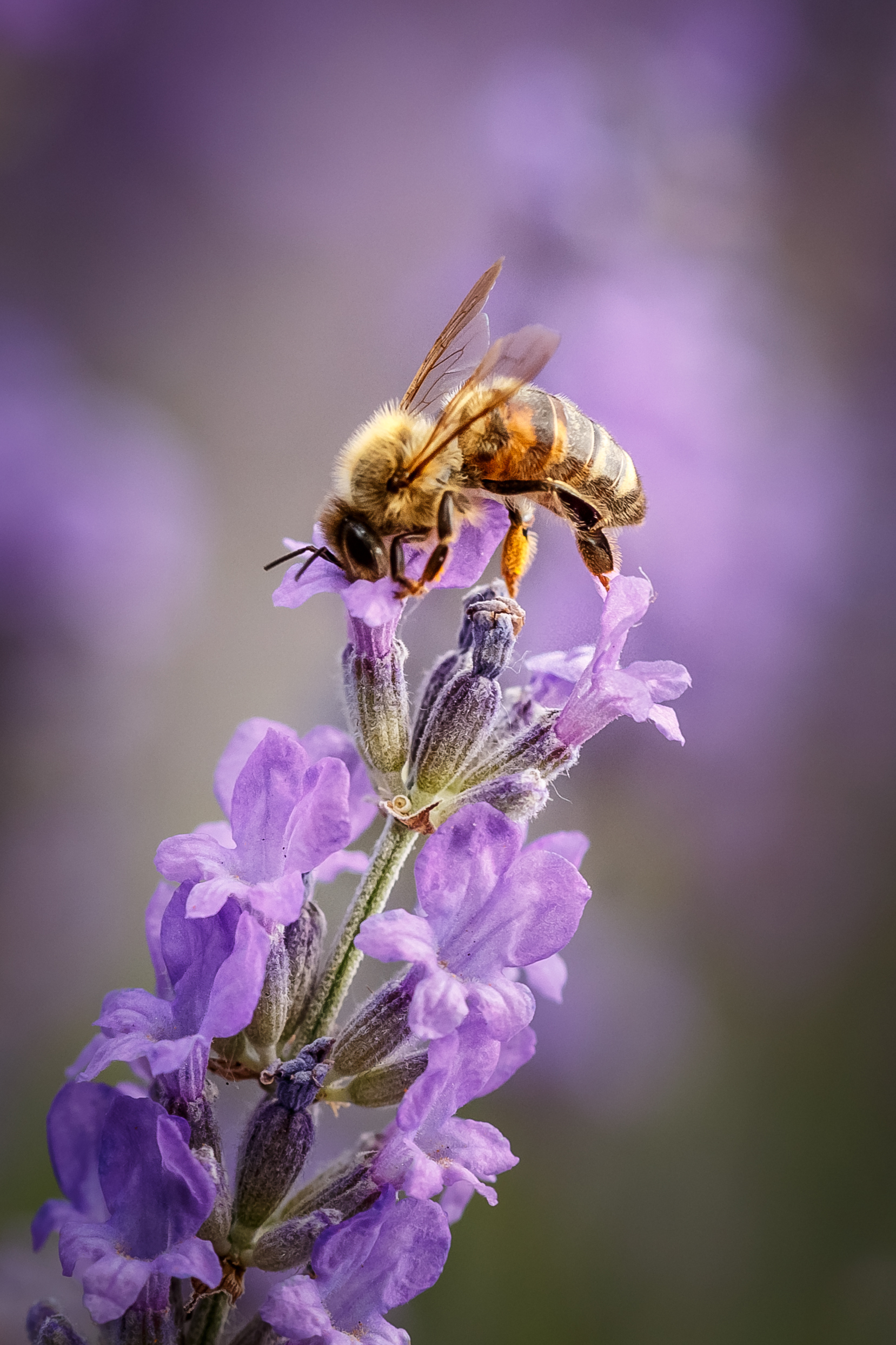
Healthy gardens just wouldn't exist if it weren't for bees, so it should come as no surprise that these flying insects are top of the list. The primary pollinator of our flowering plants, bees aren't only integral to the aesthetic beauty of our backyards but they play a vital role in upholding our entire ecosystem.
'For this reason, you should invite all types of bees to your outdoor spaces, including bumblebees, mining bees, mason bees, and leafcutter bees,' says Dave Goulson, professor of Biology specializing in bee ecology. 'The latter two will happily occupy a bee hotel if you hang one up.'
While all flowers act as a beacon to bees in some sense, different types of bee prefer different flowers. 'If you’d like to see hairy-footed flower bees then grow lungwort,' explains Dave. 'For wool carder bees grow lamb’s ear and for long-tongued bumblebees, foxgloves are a good choice.'
2. Earwigs
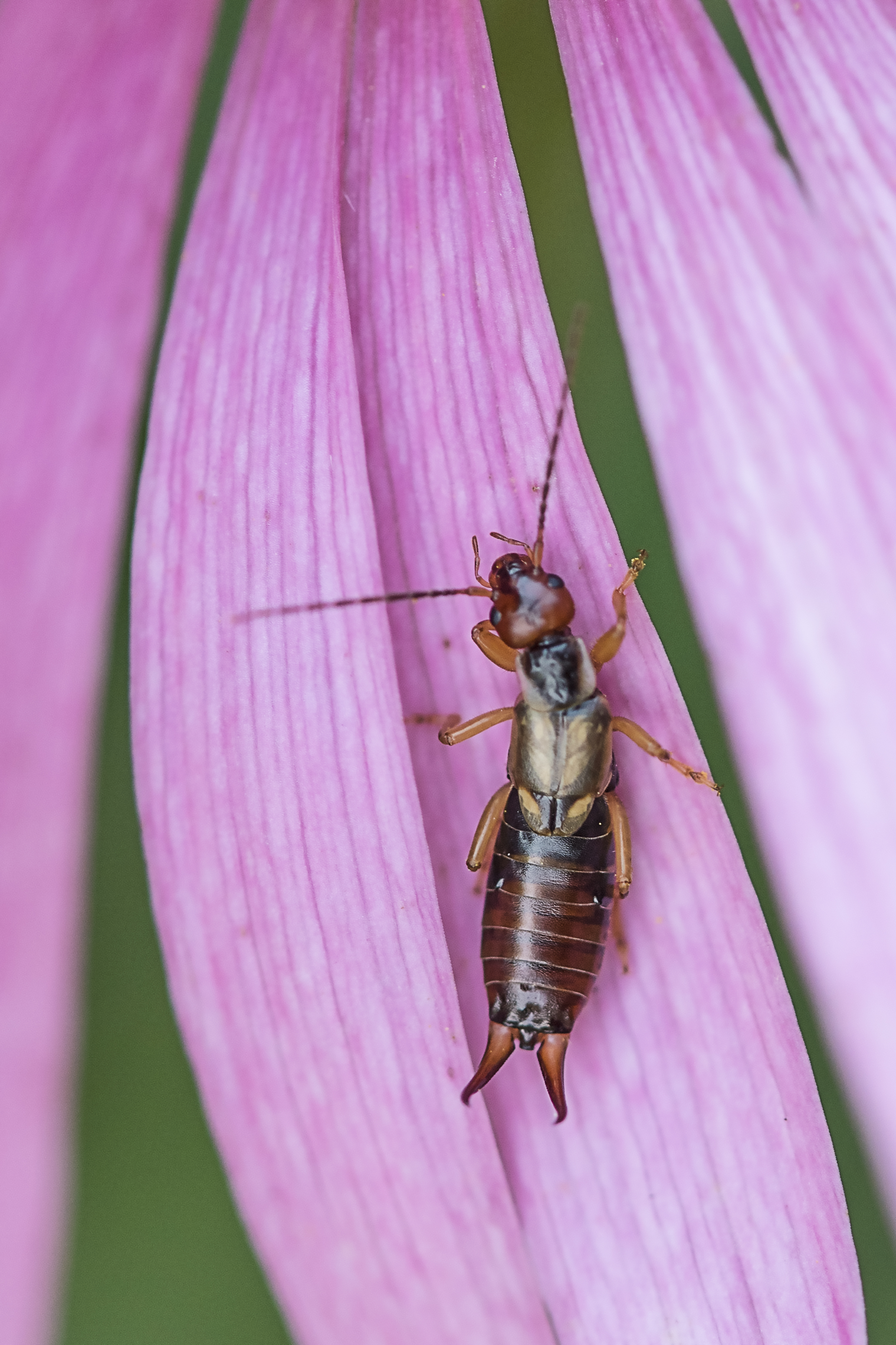
Earwigs are the sort of insects that make many of us squirm, but these little critters actually have a lot more going for them than their strange looks let on.
According to Dave, they're great predators of garden pests. As omnivorous insects, they primarily feed on those nuisance bugs we discussed earlier such as aphids, mites, and other insect larvae. They're also powerhouses of the compost pile since this is where they like to nest. If you notice lots of earwigs near your compost bin, make sure to leave them well alone.
To invite them into your yard for wildlife gardening, be sure to leave lots of natural woody material lying around for them to hide in. 'You can even stuff straw in an old flower pot and hang it from a tree to give them a home,' says Dave.
3. Butterflies
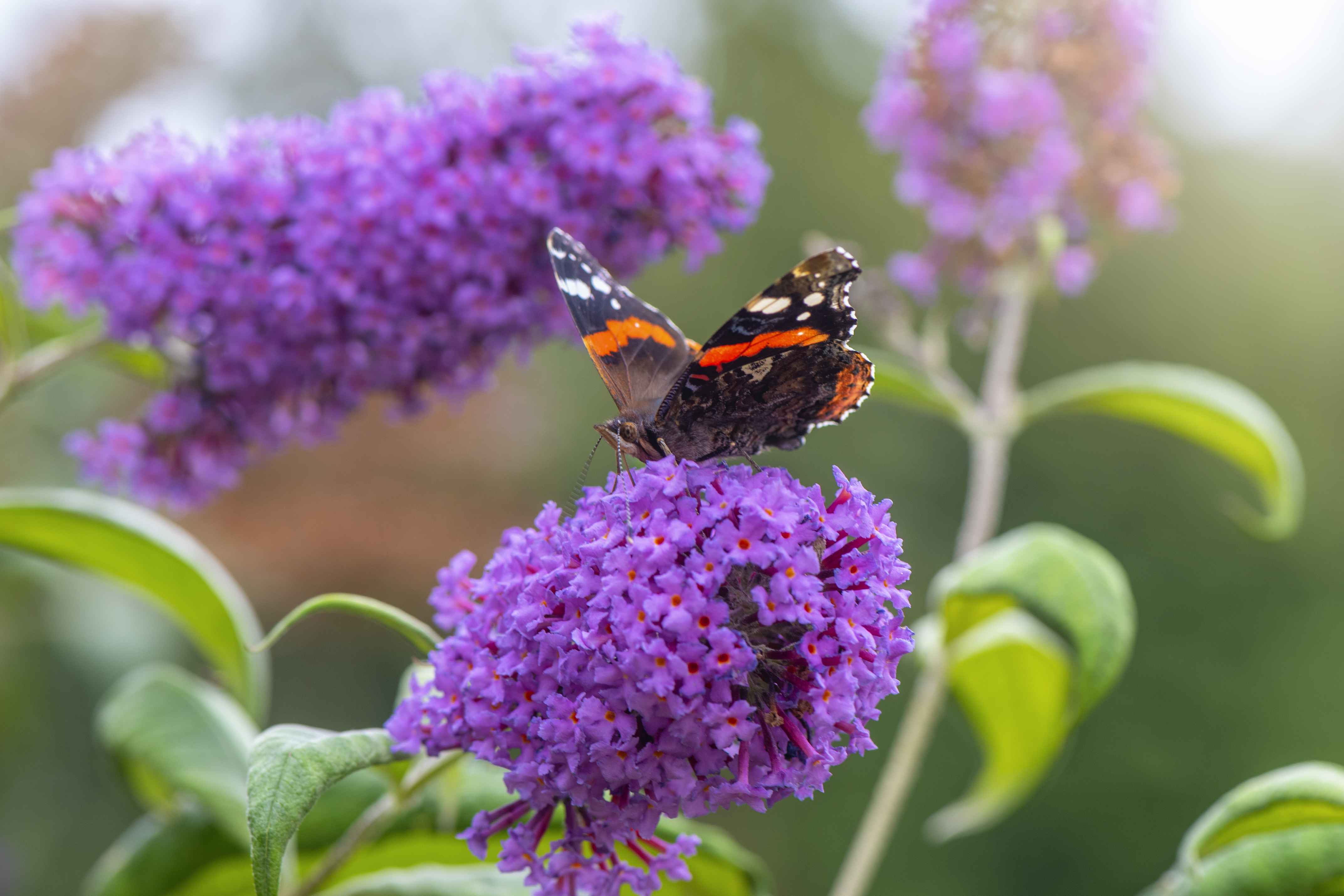
Butterflies are much more than a pretty face. Like bees, they're also vital pollinators, feeding on plant nectar and helping them to reproduce. 'To encourage butterflies, grow flowers such as marjoram, buddleia, and verbena bonariensis,' Dave says. 'Grow valerian and you may also get the amazing hummingbird hawk moth.'
Just be wary that when butterflies breed they produce caterpillar larvae, notorious for eating through vegetation. To deter them from your other plants, you might want to introduce dot some containers of strong-smelling herbs amongst your flower beds.
4. Ground beetles
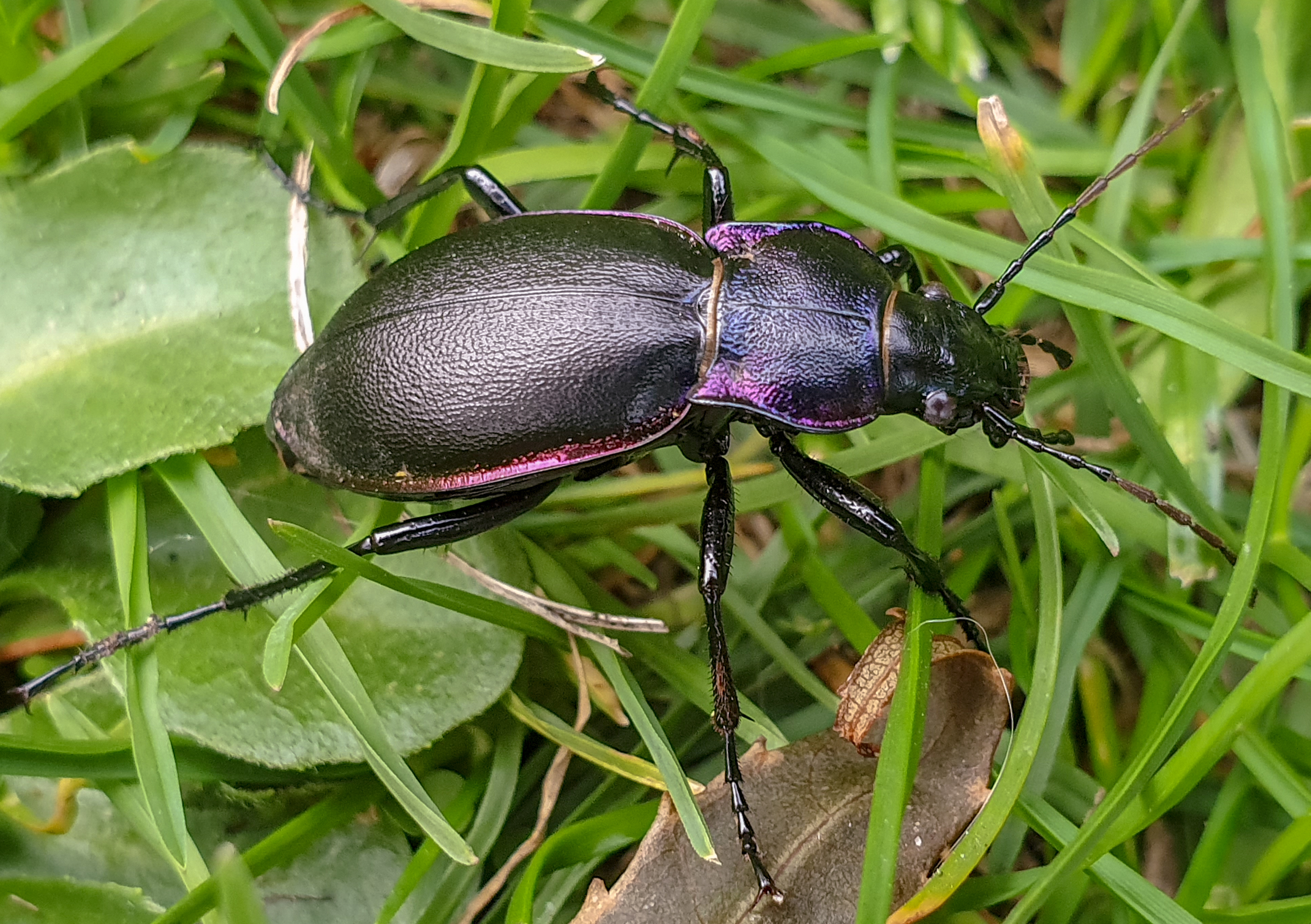
Ground beetles are another insect you might be fooled into thinking are pests, but these beauties are arguably the most multitalented when it comes to their benefits. Pollinating plants, preying on pests, and helping to compost decaying matter, they're an invaluable commodity in your backyard. You can attract them in with a compost pile as these make perfect habitats for beetles.
'Ground beetles are good for slug control,' adds Dave. 'They like some shaggy long grass to hide in, so leave a corner unmown.' If you really want to do your backyard some favors, try committing to no mow May next month.
5. Lady bugs
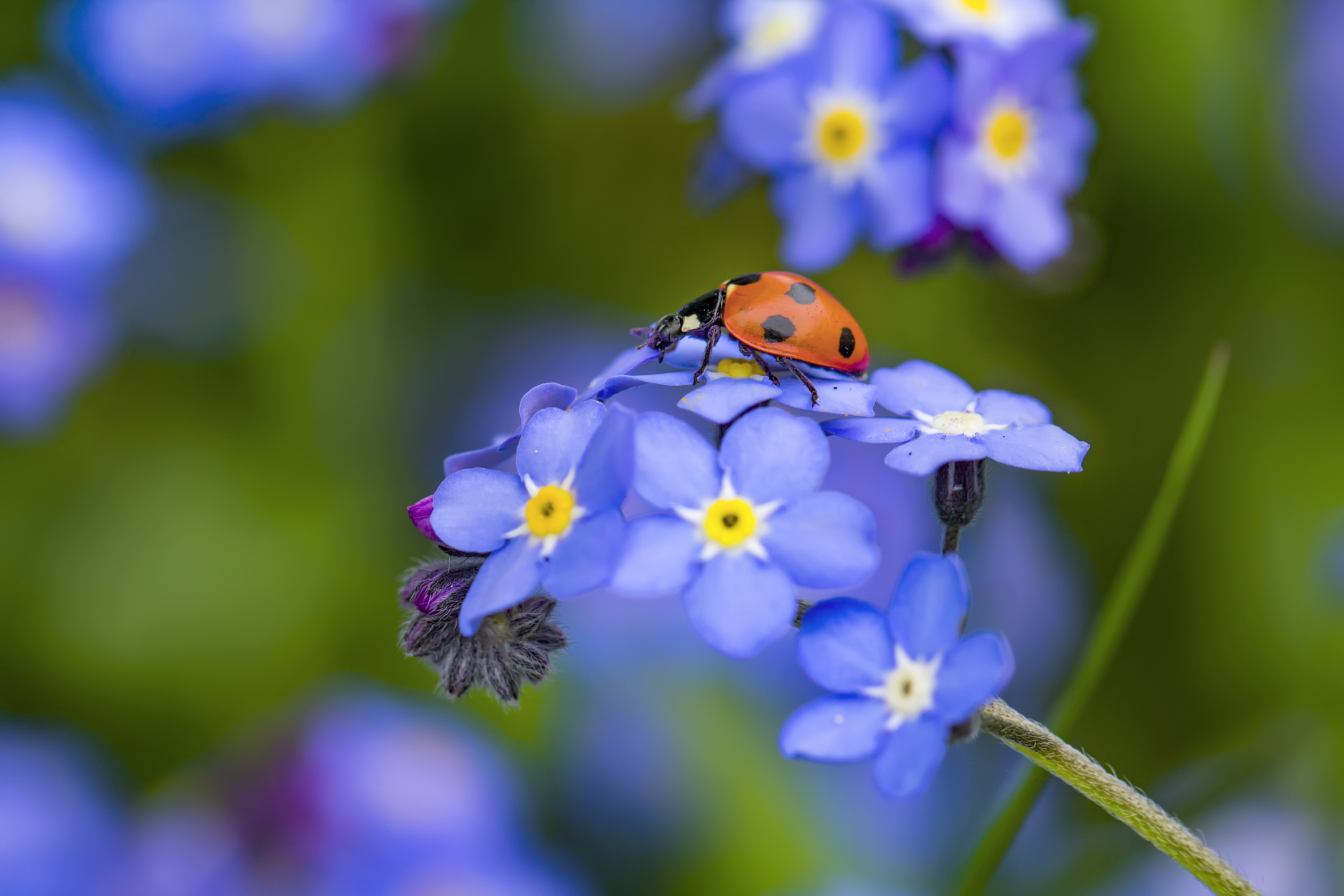
Ladybugs are just about ready to brace the journey out of hibernation for another season - all the more reason to give them a safe sanctuary in your outdoor space. When it comes to their benefits, they're especially good for pest control so if you spot a few in your vegetable garden, thank them by leaving them be.
A good way to encourage ladybirds into the garden is by directing them to a water source. Create an oasis by building a small rockery with a vessel for water inside, or simply put a small bowl at the end of your garden. Your backyard will soon be a scene from A Bug's Life in all the best ways possible, and your plants will certainly thank you for it.
Our pick of Dave's best books on insects
Even if you live in an urban area, there's wildlife right under your nose - even in the cracks of the pavement. Dave's book, Garden Jungle, delves into the fascinating lives of these creatures and how they operate.
Gardening for Bumblebees shows you how you can provide a refuge for bumblebees to feed, breed and thrive in your backyard by turning it into a pollinator-friendly haven. In this book you will learn the best trees, shrubs and flowers for pollinators, how to create the perfect nest and breeding site, and the best ways to control pests.







